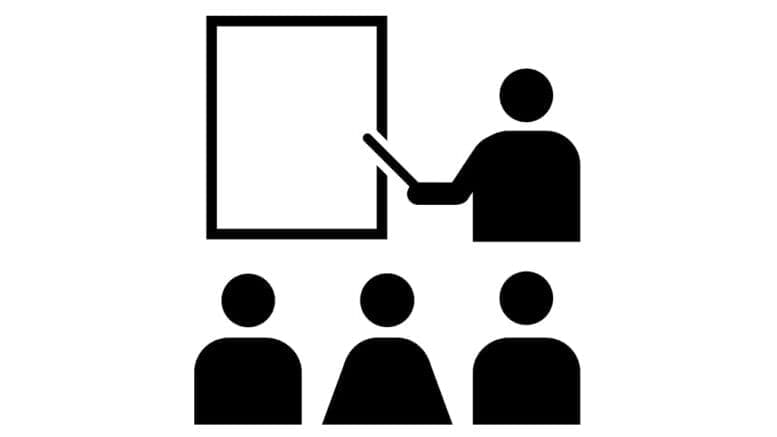by John A. Tures, Professor of Political Science, LaGrange College
Gambling is a serious addiction. And college kids are more likely to fall prey to it. Schools must get the word out to their students about the problem, unless they want to risk having their students suffer dire consequences from making a series of bad bets.
Years ago, I had a class of college students who would come in every morning, bragging about how great gambling was, and how much they knew about sports, and how they had a sure bet. So I challenged them to a non-monetary wager of sorts. I told them that if I could out-pick every one of them in the NBA Playoffs, they would have to swear off gambling. I told them that if any one of them bested me, I would quit criticizing gambling around them.
They took me up on it, and I proceeded to crush them in predictions. After the finals were over and the Spurs had defeated the Cavaliers, they sang my praises, and asked “If you know so much about sports, and can make such predictions, why don’t you bet on it and make money?”
I let them know that even some of the gamblers who fixed the 1919 World Series lost all of their winnings when one of the White Sox players not on they payroll won a game, costing the criminals everything. If you can’t win even a sure bet, what chance does anyone have? The only ones who win have the deep pockets to avoid the inevitable losses….sometimes.
Don’t get me wrong. I love competing in March Madness Tournaments, Fantasy Baseball and Fantasy Football too. I join contests at church about predicting bowl game winners. But I hate gambling. It cost me a friend, and I’m not talking about friendship.
When I was in college, I had a friend who used to compete with me for making predictions. And he bet money on games. The problem was, like the vast majority of gamblers, he fell behind, and tried to earn back his money making bigger and bigger bets….and failed.
I can still remember his terrified face when his last sure bet had failed. He was way in too deep. He was packing his bags to flee. I begged him to stop, get help, find protection, anything. He disappeared. Nobody I know has ever heard from him again…ever.
According to Statistics Professor Jason W. Osborne with Miami University, 75% of students have gambled in the past year, evidence provided by the National Council in Problem Gambling. He also finds that college students are three times more likely to gamble than the average American.
With billions in profits, gambling organizations can flood the market with ads promotion making these risky bets. And they’ve found college students love sports and are eager to compete and play games of chance. They also know not all collegians are necessarily good at math, or calculating the odds of success.
Colleges can combat the problem by having March Madness or Fantasy Football and Baseball tournaments with prizes, and public displays of the winners, to satisfy that undergraduate competition fix in a safe environment. And they can work the high cost of gambling addiction into orientation, to combat the vast sums spent on targeting their kids on campus.
“Organizations like the Gateway Foundation offer information and support to help someone with a gambling problem,” Osborne adds in his article. “Immediate help is available at the national problem gambling helpline, 1-800-GAMBLER. The National Council on Problem Gaming has lists of resources within each state that can provide more local support and assistance.”
John A. Tures is a professor of political science at LaGrange College in LaGrange, Georgia. His views are his own, and do not speak for LaGrange College faculty, students, staff or administration. He can be reached at jtures@lagrange.edu. His Twitter account is JohnTures2.
